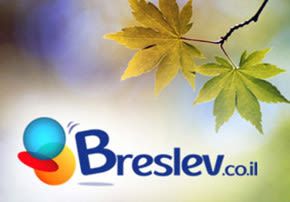
Acharei Mot-Kedoshim: Eternal Life
The eternal Torah is the nourishment for the eternal soul. Fulfilling the Torah creates an eternal light that radiates the light of...

Whole in Life and Limb
“You shall observe My decrees and My laws, which man shall carry out and by which he shall live – I am Hashem” (Vayikra 18:5).
According to our Sages, every person has 248 limbs, which correspond to the 248 positive commandments in the Torah. Rabbi Yisrael Meir Kagan, the Chofetz Chaim, explains that each mitzvah provides a different limb with vitality. Some limbs are more crucial than others. A person, for example, can survive without an arm or a leg, even though his quality of life will be greatly decreased. Other limbs, however, are absolutely essential for life, and if one of them is afflicted, such as with heart disease or a brain tumor, God forbid, the person’s life is endangered.
The same concept applies to our spiritual ‘limbs’, which correspond to our physical limbs. Their existence depends on our fulfillment of the mitzvot, the commandments. A lack of mitzvot creates a spiritual handicapped, as the Vilna Gaon explained from the verse: “He who mocks a matter is injured by it” (Mishlei 13) — a wicked person's soul is injured corresponding to the limb he used to rebel against God.
For example, a person who observes all the mitzvot but refuses to wear Tefillin will be blemished in the spiritual "limb" — the spiritual aspect — that corresponds to his left arm, the arm upon which the Tefillin are placed. As a result, in the future Resurrection of the Dead when his soul is reunited with the body, he will suffer from the blemish on his left arm.
There are some aspects of the Torah that correspond to the heart and the brain, or to other internal organs. The Chofetz Chaim mentions, for example, that the centrality of Shabbat corresponds to our belief in Hashem as the Creator of the universe, which is the very heart of Judaism (Introduction to the Mishnah Berurah, III).
This is why the verse admonishes us to be careful to observe all “My decrees and My laws, which man shall carry out and by which he shall live”—we must insure that we are not lacking anything for eternal life! (Chofetz Chaim on the Torah).
The Perfect Garden
“Do not be exceedingly wicked, and do not be a fool” (Kohelet 7). “Does this imply that it is permissible to be 'a little bit wicked'?” asks the Talmud (Shabbat 31). The Chofetz Chaim explains with a parable:
There was once a king who planted a beautiful garden surrounding his palace, including tracts of land with exotic fruit orchards. He hired expert horticulturists to provide exact care for each sapling. As a gesture of good will to his people he opened the royal gardens for all to visit and enjoy the wonderful fragrances.
One day the king looking out his window and noticed someone enter the garden and wreck havoc on the protective fence that surrounded it. He watched —and remained quiet. The next day the king observed the same fellow pick fruit and put them into his bags, but he maintained his silence. The following day the king overheard the man say, “Why should I bother picking the fruit? I’ll just cut off the branch and drag it home.”
“What? It’s not enough that he doesn’t appreciate the valuable, rare species? He wants to cut them up and destroy their beauty?” the king was seething, but he decided to wait and see what would happen. “I can always punish him for his foolishness,” he thought.
But this fool assumed that a lack of punishment was a sign that the king must not be in the castle. So he began to uproot the trees and steal them. At this point, the king’s patience came to an end and he commanded his servants to imprison the thief and punish him appropriately.
The king, says the Chofetz Chaim, is the King of Kings, Who created a wondrous palace—heaven and earth. The garden and the orchards is the Torah, and the branches and fruits are the mitzvot. Like a beautiful garden, the Torah and mitzvot gladden the heart of man and restore his soul. The discerning person who enjoys the Torah’s wisdom is filled with unending gratitude to the Giver of the Torah.
Unfortunately, there are some people who are foolish and undisciplined. They begin by making breaks in the fence, the protective barrier erected by the Sages to guard the Torah’s laws. Then they ravage the fruits, the positive and negative commandments. Finally they take their shovel to uproot the Tree of Life completely, and destroy the fundamentals of Judaism. But the King is watching. He will never allow them to destroy His garden. Eventually they will recieve their “reward.” Therefore, in Kohelet (Ecclesiates), Shlomo HaMelech admonished: “Do not be exceedingly wicked!” (Ma’asei L’Melech).
We must be exceedingly careful to guard Hashem’s perfect garden, the Torah and the mitzvot, in its entirety!
Soul Food
The Chofetz Chaim deepens our understanding of the verse from our Parshah: “You shall observe My decrees and My laws, which man shall carry out and by which he shall live – I am Hashem” (Vayikra 18:5) by analyzing the Targum Onkelos (Aramaic translation): “And by which he shall live”—“in eternal life.”
All of creation, every species on earth and all the Heavenly Host, requires Divine influence as its sustenance to survive. The inhabitants of the lower worlds need physical nourishment, whereas the inhabitants of the upper worlds exist on refined spiritual nourishment. The neshamah, man’s soul, is nourished by the bodily act of eating as long as we are alive and it is connected to the body, but it also needs nourishment after it is separated from the body.
The eternal Torah is the nourishment for the eternal soul. Fulfilling the Torah creates an eternal light that radiates the light of Hashem upon our souls, providing them with the ultimate spiritual bliss, as the Sages said: “The righteous sit with their crowns upon their heads and enjoy the radiance of God’s splendor.” This enjoyment is the soul’s eternal nourishment.
In the blessing recited on the Torah, we say: “And eternal life He has implanted within us.” God planted within the Jewish people a sapling, the Torah, which can bring us to eternal life. Even our physical body comes back for eternal life in the Resurrection of the Dead in the merit of the Torah, as it says in the Talmud: “The light of the Torah brings it life and causes it to stand for eternity” (Ketuvot 111).
This, then, is the deeper understanding of the verse: “You shall observe My decrees and My laws, which man shall carry out and by which he shall live,” which the Targum Onkelos renders: “And by which he shall live”—“in eternal life.” Only by observing God’s decrees and laws can we insure we will have nourishment for eternal life.
Just as bread nourishes our bodies, the Torah nourishes our soul. This is hinted in the verse: “Come, eat of my bread, and drink of the wine which I have mingled” (Mishlei 9:4). Bread refers to the laws of the revealed Torah and wine hints to the secrets of the hidden Torah, as wine is hidden within the grapes.
Just as put efforts into earning a living to have, at the very least, food on the table, we should prepare sustenance for our soul — by fulfilling Torah and mitzvot — so we will have ample nourishment for eternal existence. (Introduction to the Mishnah Berurah, I).
We have seen that the commandments are the means by which we earn eternal life in the World to Come, but even in this world, they should be our source of vitality. Homiletically, Chiddushei HaRim interpreted the verse: “And by which he shall live”—a person should not be apathetic in his performance of the commandments. Rather, we are enjoined to find in the commandments our primary source of joy, enthusiasm, and life—you are to live through the commandments!


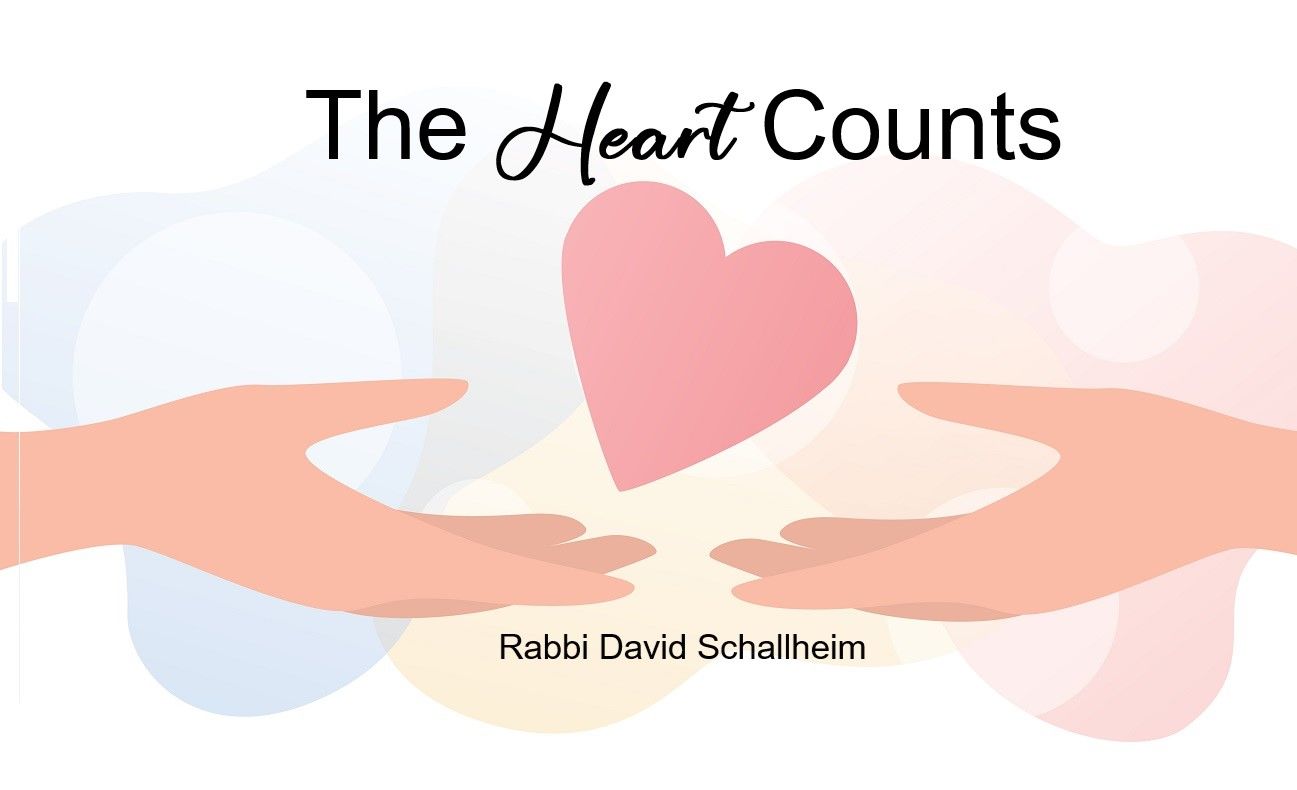
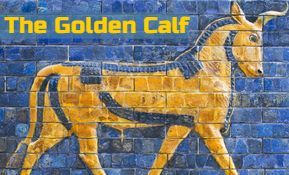
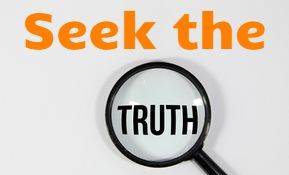
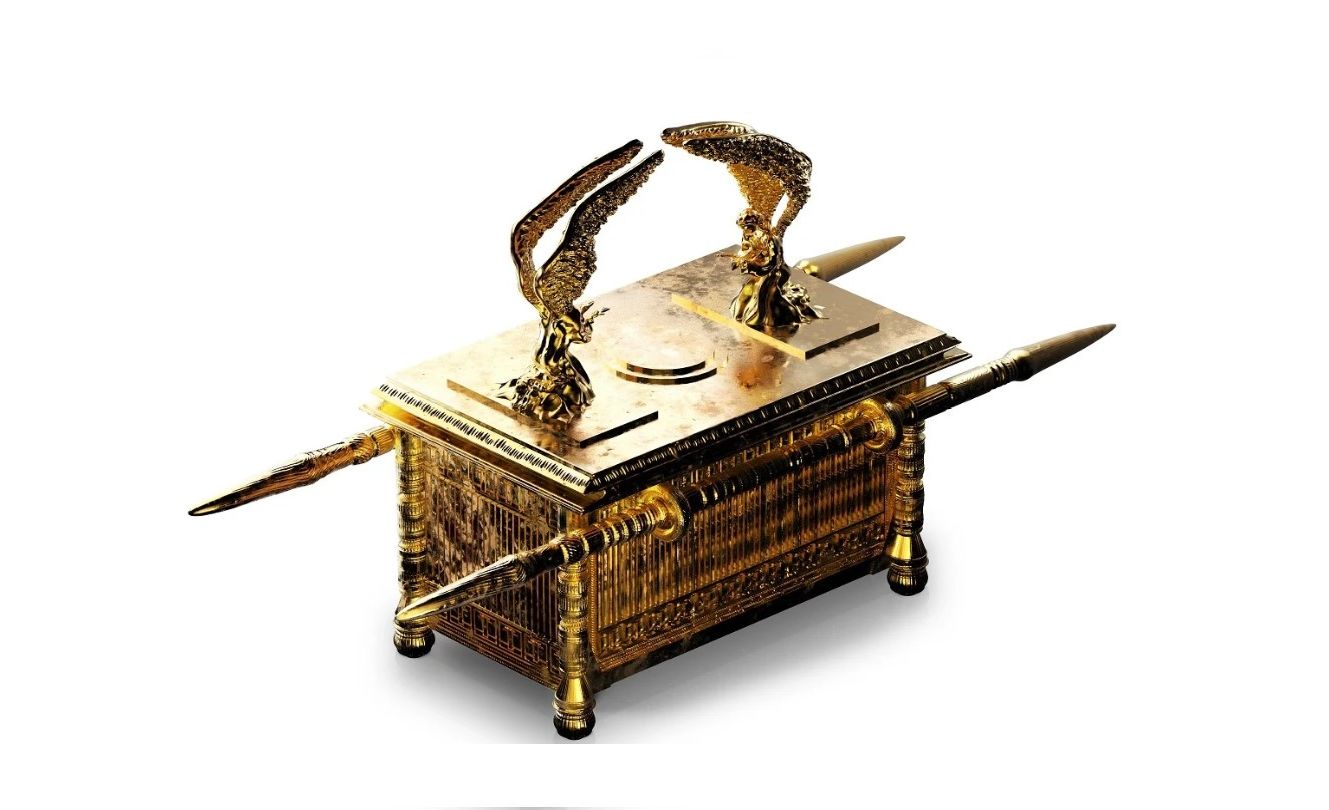
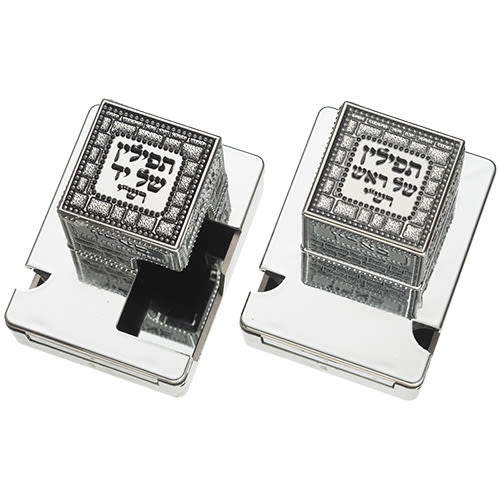
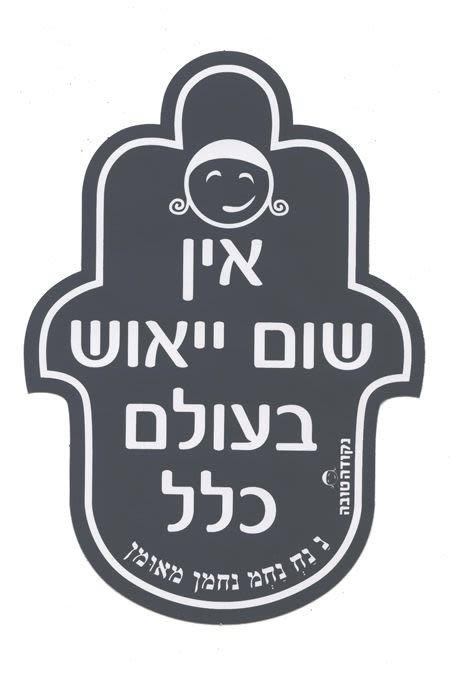
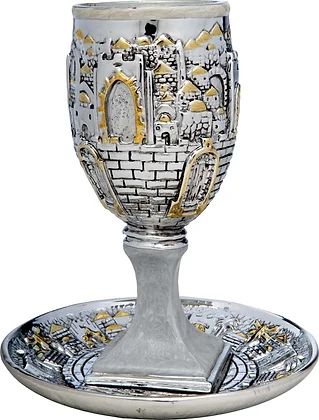
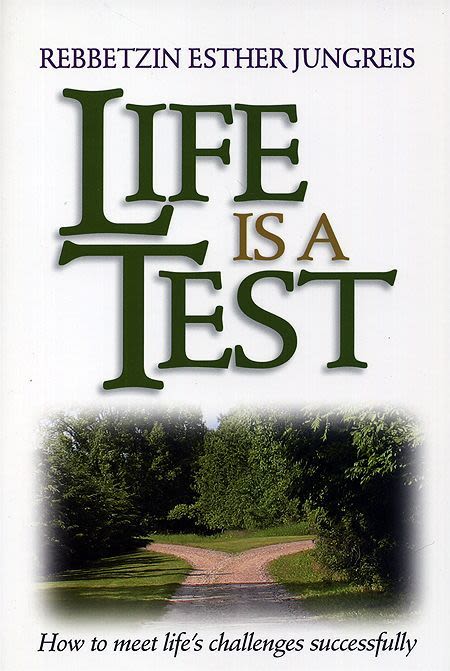
Tell us what you think!
Thank you for your comment!
It will be published after approval by the Editor.